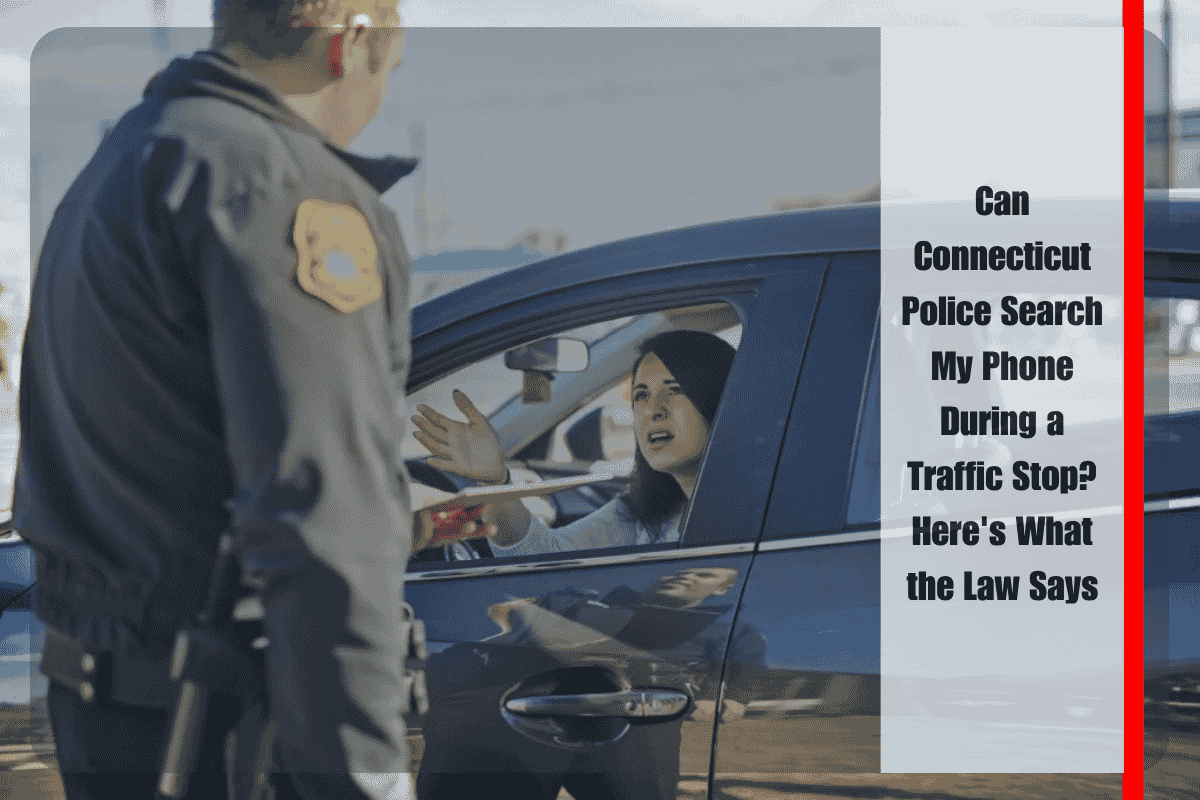In Connecticut, police generally cannot search your phone during a traffic stop without your consent or a warrant. This protection is grounded in the Fourth Amendment’s prohibition on unreasonable searches and seizures. The U.S. Supreme Court decision in Riley v. California (2014) clarified that police must obtain a warrant to search the digital contents of a cell phone seized during an arrest, and this principle applies in Connecticut as well.
During a traffic stop, police can only search your phone if you voluntarily give consent. If you do not consent, they must obtain a warrant based on probable cause before accessing your phone’s contents. It’s important to know that you have the right to refuse consent to a phone search without it being used as probable cause for a search.
Connecticut law also restricts how searches are conducted during traffic stops. Since October 2020, officers are not allowed to ask for permission to search your vehicle during routine traffic stops unless they have probable cause or you voluntarily consent. This practice extends to searching your person and belongings, including your phone. Police must follow these rules to respect privacy and legal protections.
Furthermore, if police seize your phone without a warrant incident to an arrest, they still need a warrant to search its contents. They cannot compel you to unlock your phone biometrically (using fingerprint or facial recognition) without a warrant authorizing such action.
Connecticut law aligns with federal standards: police cannot search your phone during a traffic stop without your clear consent or a warrant, except under very limited circumstances. You have the right to remain silent and to refuse a phone search. If you are arrested, a warrant is required for police to access your phone’s data. Always clearly assert your rights calmly and respectfully if a search is requested.
This adherence to privacy helps protect motorists against unreasonable intrusions during traffic stops in Connecticut.
Sources
[1] https://www.carlsondumeer.com/firm-blog/2022/january/protecting-yourself-during-traffic-stops/
[2] https://www.govtech.com/public-safety/can-police-search-your-phone-during-a-traffic-stop
[3] http://trafficstops.ctdata.org
[4] https://ctmirror.org/2024/05/07/ct-traffic-stop-secondary-violation/
[5] https://www.uscourts.gov/sites/default/files/rights-police-stops.pdf












